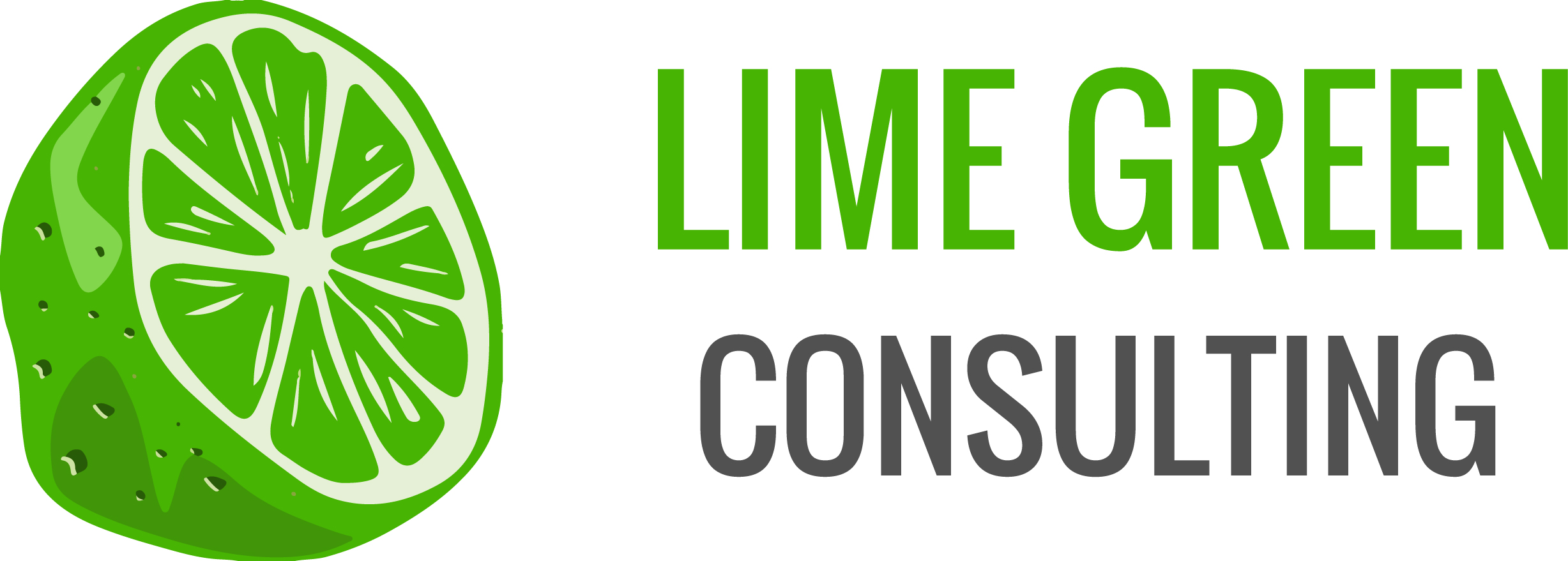|
Despite encouraging moves in the right direction, transparency and simplicity aren’t as common as you'd hope in the grantmaking world. We'd all love to think that funding is awarded based on the importance, quality and impact of the work taking place. Too often this gets confused with the quality of the application - which automatically puts some applicants at a disadvantage, including those whose first language isn’t English, or whose written English isn't as good, perhaps due to their education or background. Worse, it’s not even always as simple as writing a quality application. Because, with some funders:
All this is inherently unfair and counter-productive to the aim of achieving the greatest social impact. Fortunately, there are movements starting to address various aspects of this unfairness, including two we’ve written about before: Modern Grantmaking and Fix the Form. In the meantime, applicants who are well-connected or know how to play the system can still gain an advantage. Something I'm passionate about doing is trying to level the playing field for smaller and less experienced organisations. So this blog is about two things: good reasons for initiating contact with a funder before applying, and useful information to probe for once you’ve done so, to give you an advantage too. First, a few caveats:
With all this in mind, what are some good questions that you could reasonably phone a funder to ask?Proposal length and format: some funders request applications 'in writing' without providing much more detail. It's reasonable (as well as beneficial to them) to ask for their guidance on the recommended length, format, or a list of headings/information that should be included. Supporting documents: you might have important information that can't be included within the set questions or word limits on an online form - such as a case study, an infographic explaining impact data, or a key policy. You can ask whether these additional documents would be accepted, and how to share them - for example can they be emailed separately to a funder, if you can’t upload them to the form? Technical eligibility questions: even when funders try to establish clear guidelines around things like reserves levels, match funding or legal structure, there are often organisations and situations that fall into a grey area. It might only be possible to confirm your eligibility through an initial call, and funders are often willing to help with this. Once you’ve engaged a funder with one of these initial questions, what else might you be able to probe for?I'll often ask if I can give a 30-second summary of the organisation or project, to explore if it's the type of thing they'd be interested in funding. These discussions often yield surprisingly helpful information, for example:
Clarifying key phrases: funders may use terms like 'national significance' or 'systems change' without a clear explanation of exactly how they define or measure them. An initial conversation can help you understand their interpretation, and how you can best evidence that you're a good fit. Confirming focus areas: frustratingly, in practice funders sometimes have a more limited focus than they may indicate in their guidelines or charitable objectives. For example, I’ve heard: “Yes, in theory we do fund projects anywhere in the UK, but at the moment we're highly unlikely to support a project outside of Bristol, Bath and the surrounding area." Checking whether a funder is actually focusing on a narrower geographical or thematic area can save you wasting time on a fruitless application. Considering how much to apply for: again, funders may provide broad guidance on their website, but share more helpful information on the phone, especially once they've heard a bit about your work. Perhaps they'd consider awarding a larger amount because it's a project very close to their heart, or a smaller amount because it's an initial pilot, or maybe there's a threshold where if you stay below it, the assessment process will be simpler or quicker. Checking when to submit: I've had funders suggest that I hold back an application for a few months, either because they've been inundated with proposals in a particular funding round, or they've recently funded several similar projects and the trustees are unlikely to fund another one imminently. Equally, funders might give a reason why getting an application in very quickly is beneficial. This is almost never information that can be found on their website, but is incredibly helpful. I think it's far from ideal that you need to press for this type of information – it's not a fair way of doing things, or a great use of anybody's time. In an ideal world, every funder would have a clear website which they keep updated as their priorities shift, or when they get enquiries from applicants that show something isn't adequately explained. And, as I say, many funders are getting better at this. But in the meantime, probing for extra information is a key part of the job - because if you’re not getting and taking advantage of it, other applicants will be.
1 Comment
|
Like this blog? If so then please...
Categories
All
Archive
May 2024
|
Lime Green Consulting is the trading name of Lime Green Consulting & Training Ltd (registered company number 12056332)



 RSS Feed
RSS Feed